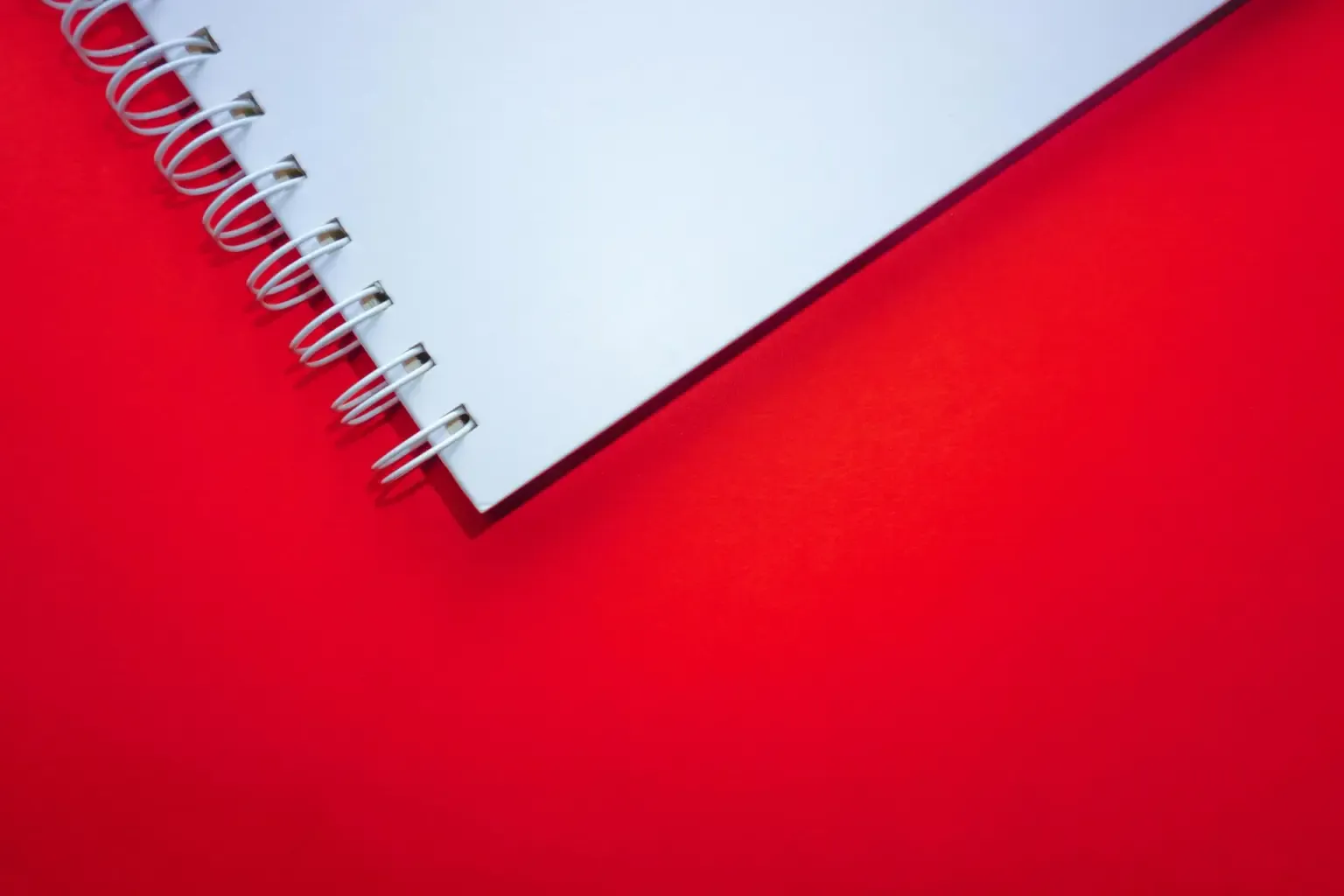5 Tips When Applying For An Arts Grant
It certainly isn't easy to land a creative grant, but here are some tips to ensure your entry has the best chance possible.

We all know how competitive it is to secure an arts grant, so here are some ways to maximise your chances. The following tips are the result of personal experience from someone who’s dabbled on both sides, and who’s been successful in applying for a couple of them, as well as served on various grant assessment panels.
Ensure eligibility
It’s always prudent to read the fine print, but even more so when you are applying for an arts grant. Do not just send in your application without scrutinising the terms and conditions. Criteria to look out for include whether the grant is specific to a certain state or art form and level of practising artist.
For instance, is it only for emerging or mid-level arts practitioners, or is it open to all? Is this the best stream of funding to apply for? Is your project a right fit for what the funder can offer in terms of monetary (or other) support? If you are unsure of anything, ask questions now, in this preliminary stage, before you proceed further. Many organisations have staff tasked specifically to deal with grant applications.
Clarify purpose
If ever there is a need for clear, non-waffly communication, it’s during the writing of an arts grant proposal, so be concise about why you are applying. What’s your intention if you are successful in landing this grant? What are the estimated costs involved in your project? Leave yourself with enough time to fill out the requisite forms.
Most grant applications are fiddly, comprising many parts, so don’t do a last-minute, hasty job and expect you’ll be in with a chance. Remember, assessors have to wade through hundreds of submissions; don’t give them a reason to reject your work summarily because you have incorrectly filled out a form or failed to attach relevant documents. Filing early also avoids being exposed to potential glitches in the system that needs addressing.
Balance the budget
Make sure the money that you are asking for is within the parameters of the grant. Determine the expenses required; expenditure can include artists’ fees, promotional and admin costs, and materials. List all income sources that will help pay for the project. Are there any other sources that will contribute, such as cash or in-kind support from a partner organisation, or help with venue hire and marketing? Many arts organisations like to see that you’re resourceful enough to seek other avenues for funding instead of relying solely on the grant you’re applying for to bring your project to fruition.
Prepare support materials
Many grant applications require support materials to assist your claim, whether that’s a portfolio of previous work, letters of recommendation from peers, confirmation that your project will be published/staged/showcased once it’s completed. All such materials should be submitted to ensure you have a competitive edge, so be mindful to leave enough time to garner such credentials.
Gather intelligence
It’s also a good idea to speak to as many people as possible who have been successful in landing the grant you’re seeking to be awarded. Certainly, the assessment panel may change in terms of assigned judges, but every panel is essentially looking for the same things. So, if you are able to, seek out others who’ve previously moved through the process and been fortunate in securing this creative grant. They may be able to show and tell you about their winning entry.
Originally published by our friends at ArtsHub Australia.
Written by Thuy On.